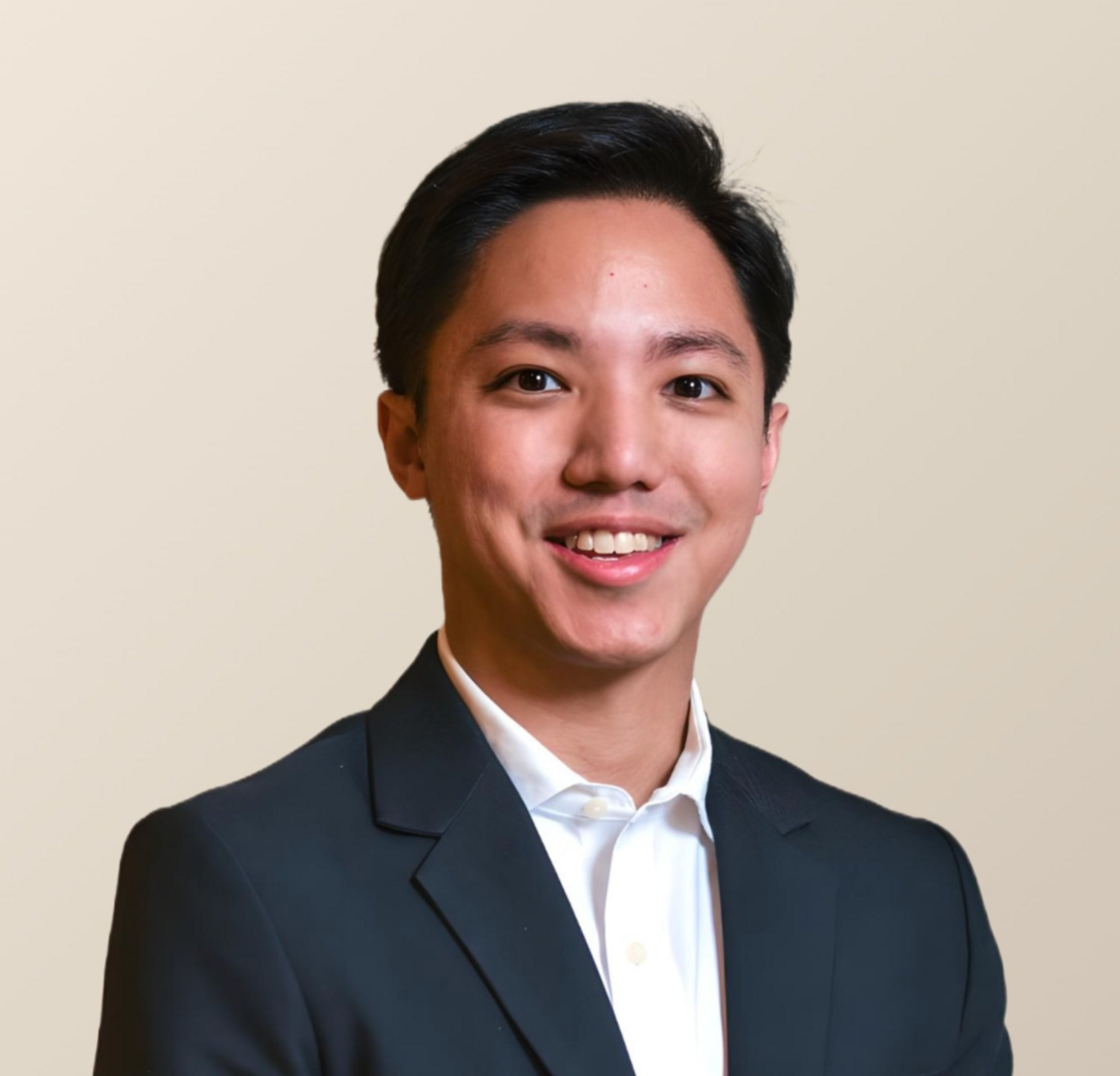
On my third day in Taiwan, I ran. I wanted to see Taipei 101 in its morning glory: without the crowded streets, without the brilliant lights. On that day, I woke up, on the dot, at 5:30 AM. After quickly washing my face and putting on running gear, I made my way to the lobby, walked outside the entrance, and ran.
Hosted by the Taiwan-Asia Exchange Foundation and the American Institute in Taiwan (AIT),the SEASAT Youth Camp—SEASAT being short for Southeast Asia, South Asia, and Taiwan—is an annual gathering of selected undergraduate students from various parts of Asia visiting Taipei for a week. Activities include seminars on contemporary issues such as digital governance, cultural identity, and migration; a field trip to a nearby village with activities like archery and weaving; and having one's tastebuds dance over delicious Taiwanese snacks and dishes.
I imagined running to Taipei 101 would be easy. The distance from the hotel to the skyscraper and back was 7.6 kilometers. Not bad for a casual runner like myself. From Howard Civil Service International House, I only had to pass three roads—Heping, Keelung, Xinyi—before arriving at my destination. Once there, I took it all in. There I was, amazed to see what used to be an image in my high school social studies book. Here I was standing under a structure so tall that my neck got a nice stretch. A symbol of strength and resilience. After this experience and taking a selfie, I was ready to return to the hotel.
But as I retraced my steps, I decided to take a detour by choosing another road, Zhuangjing, thinking I would arrive at the hotel faster. As I ran down this unfamiliar stretch, where I took the one less traveled by, as Robert Frost wrote, the surroundings began to change shape. One road became two. The cityscape I had just been running through was suddenly replaced by a mountain covered with trees, surrounded by tiny houses and Huian Park. Nowhere was I close to where I needed to be. I had no mobile data. I had no way to connect to the city's Wi-Fi. I was lost, and that has made all the difference.
In Buddhism, the Second Noble Truth states that desire causes suffering. We desire to study at the university of our choice, to get our dream job in our dream country, to have a perfect relationship. Every so often, life goes our way. Every so often, life does not. And when we fail to get what we desire, the status of our life becomes uncertain. What to do with all this uncertainty? We do what jazz musicians do, as then-AIT's political officer Toy Reid said at one of the seminars. We improv.
Improv or improvisation means to compose, perform, act, or speak on the spot. For the army general, it means adjusting tactics in response to the changing battlefield environment. For the doctor, it is addressing a new disease caused by the original illness. For the student, it is procrastinating on a 20-page research paper due the following day. To improvise means to let go of your prepared script and let God, fate, science, or whatever you believe in, play along. You gotta dance, said the Sheep Man in one of Haruki Murakami's novels. You gotta dance. As long as the music plays. You gotta use all you got. This is the 'dance' improvisation encourages us to make: embracing uncertainty and adapting to the moment. Yet, improvising doesn't only mean taking a step forward into the unknown. It could also mean taking a step back, acknowledging one's mistake, and applying the lesson learned to the next challenge.
Yes, I was lost. I couldn't find another way. I decided to return to Taipei 101 and followed the original route. I arrived at Howard at 7:50 AM (the original plan was 7:00 AM). I was exhausted. Still, I was happy to have made it—I looked at my health tracker and found that instead of the planned 7.6 kilometers, I had run 14.2. Also, just in time for a quick bowl of congee and a shower before the bus left for that day's session at the Institute of Diplomacy and International Affairs.
When disaster strikes or we make the wrong choices, it's comforting to know that life has brought us here for a reason. No matter what we receive—whether good or not-so-good—one thing is certain: life will leave us in awe when we embrace the unknown.
---
About Timothy Joseph Henares
Timothy Joseph G. Henares is a Research Assistant at the Division of Public Policy, The Hong Kong University of Science and Technology (HKUST). His research interests include sustainability (e.g., lifestyles, fashion, and chemicals) and the impact of Chinese and Japanese energy and digital infrastructure in Southeast Asia. He has published findings in peer-reviewed journals such as Energy Strategy Reviews, Energy Research & Social Science, and Data in Brief. Concurrently, he is a Project Consultant for Asia Society Philippines. Prior to his current roles, Timothy was the Head of the International Programs Desk at the Philippines’ Dangerous Drugs Board, liaising with external partners such as the ASEAN Secretariat, United Nations Office on Drugs and Crime, United States Agency for International Development, and International Narcotics Control Board on drug abuse prevention and control. He obtained his BA in International Studies (2019) from De La Salle University and his MPhil in Environmental Science, Policy and Management (2023) from HKUST, as a recipient of the Asian Future Leaders Scholarship Program. Timothy is a Bai Xian Scholar, Salzburg Global Fellow, and Pacific Forum Young Leader.